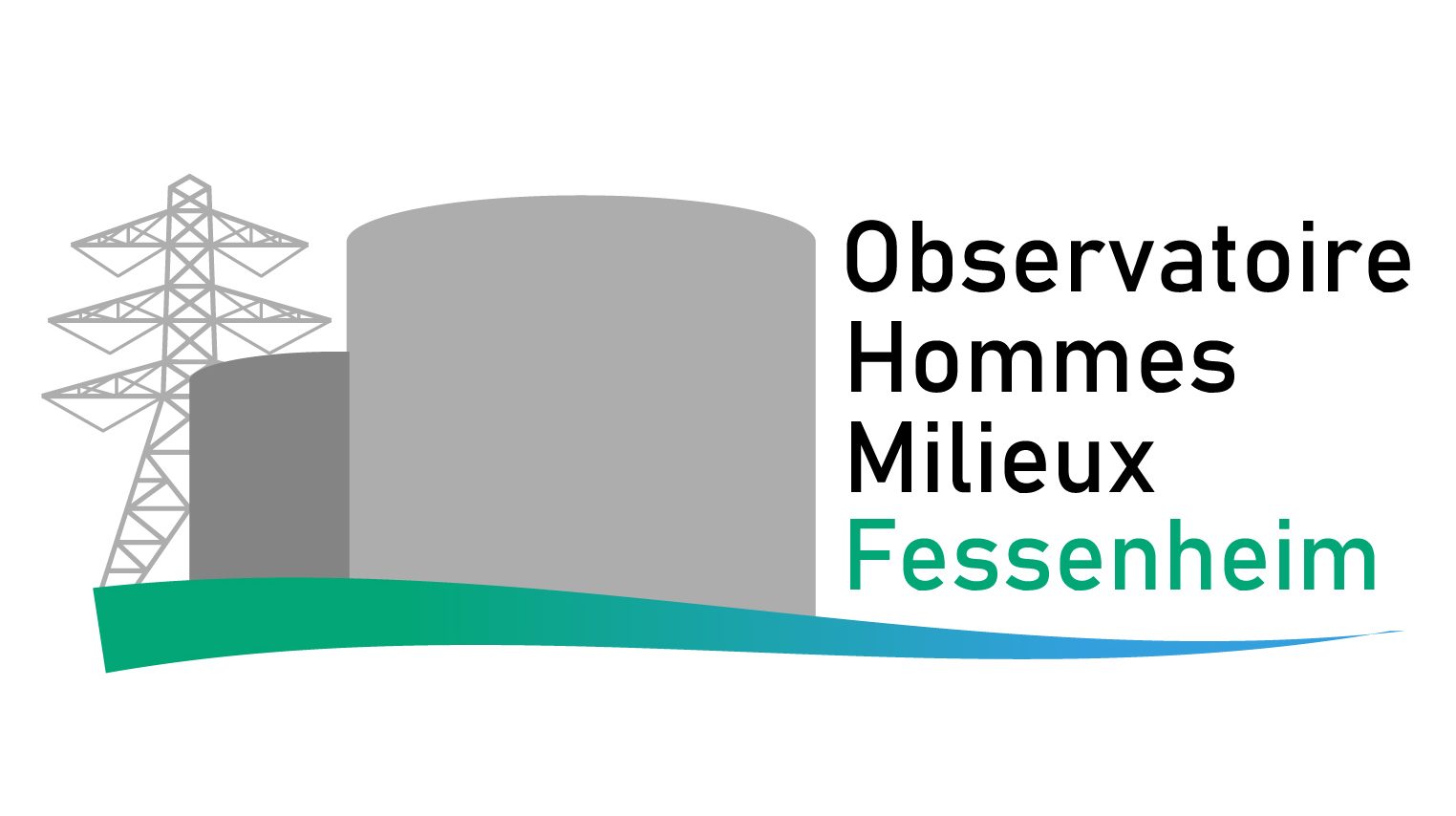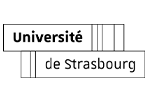Life Cycle assessment of very low-level radioactive waste from decommissioning of the Fessenheim nuclear power plant: Case of the very low-level radioactive waste treatment
The decommissioning of French nuclear power plants is expected to generate a large amounts of very low-level radioactive waste (VLLW), which present significant environmental challenges. Although some countries have implemented recycling and reuse of some materials, the reuse of VLLWs remains prohibited in France. This is a serious challenge, as it is expected that the French waste disposal center will be saturated by 2028 and that the construction of another facility is required.
So far, few life cycle assessments of decommissioning nuclear power plants have been conducted. A life cycle assessment on very low-level waste will help to support decision policy on environmental management of radioactive waste. Our research will address this need by focusing on VLLW storage centers and developing waste disposal models. To illustrate the applicability of our approach, we will conduct a case study focusing on VLLW generated from the decommissioning of the Fessenheim Nuclear Power Plant, and its storage at the Andra facility known as Les CIRES. The model will help to quantify the environmental impact of storage centers, including their impact on air, water and soil quality, greenhouse gas emissions and energy consumption. The study provides valuable insights into the environmental performance of the current storage center and helps identify area of improvement and recycling opportunities.
Overall, this study will contribute to supporting decision-making on VLLW environmental management, which is essential to the sustainable development of France’s nuclear power industry and to global efforts to develop sustainable nuclear waste management strategies.




